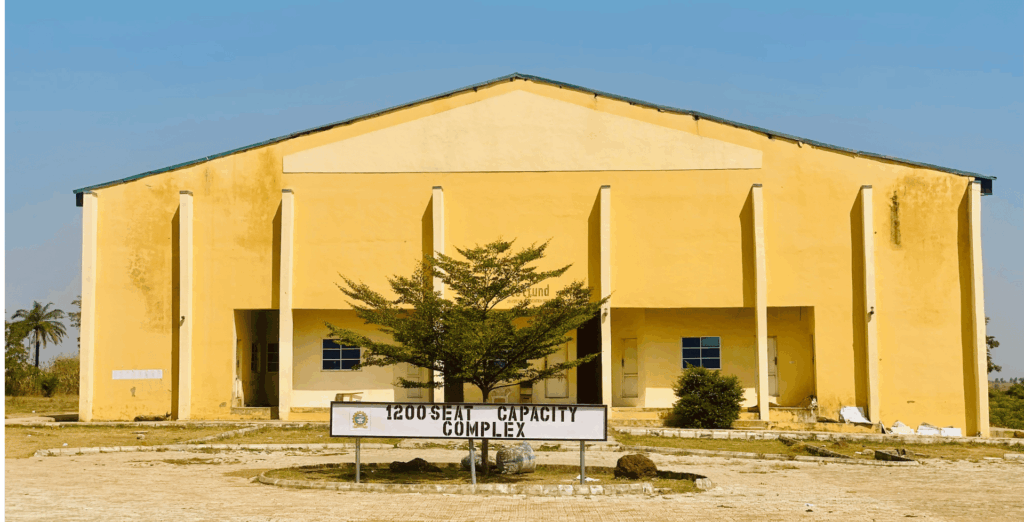School Of Engineering
May 30, 2025 2025-05-31 7:30School Of Engineering
The School of Engineering at the Federal Polytechnic, Nasarawa (FPN) serves as a cornerstone of the institution’s commitment to advancing technical and technological education in Nigeria. It offers a range of National Diploma (ND) and Higher National Diploma (HND) programs that combine rigorous academic training with hands-on practical experience, all aimed at developing skilled manpower for the engineering and industrial sectors. Structured around various departments such as Mechatronic, Agricultural, Chemical, Civil, Electrical/Electronic, and Welding and Fabrication Engineering, the school provides students with broad and specialized knowledge in key technical fields. Each department is equipped with laboratories and workshops that simulate real-world industrial conditions, ensuring students are career-ready upon graduation. The School of Engineering actively engages with industry partners and regulatory bodies like the National Board for Technical Education (NBTE) to maintain curriculum relevance and training quality. Through its Student Industrial Work Experience Scheme (SIWES), final-year projects, and community-based initiatives, the school produces graduates who are not only technically sound but also innovative and responsive to the needs of the nation.
The Department of Electrical/Electronic Engineering
The Department of Electrical/Electronic Engineering focuses on the generation, transmission, distribution, and application of electrical energy and electronic systems. It provides students with a comprehensive understanding of core principles such as circuit theory, electromagnetism, control systems, and electrical machines. The curriculum is structured to develop students’ competence in both power and electronics engineering, enabling them to solve practical problems in the energy, manufacturing, and telecommunication sectors. Students undergo hands-on training in electrical wiring, motor controls, programmable logic controllers (PLCs), power electronics, and microcontroller programming. The department’s laboratories are equipped with modern tools that allow students to conduct experiments in digital electronics, power systems, instrumentation, and telecommunications. These facilities ensure that students can link theoretical knowledge with real-world applications. The department emphasizes safety standards, technical accuracy, and ethical engineering practice. Students are taught how to interpret technical drawings, simulate circuit behaviors, and troubleshoot electrical faults using standard industry practices. Regular project work encourages innovation and design thinking, giving students the opportunity to build functional prototypes and systems. Industrial training, a key part of the curriculum, allows students to gain field experience in electrical installations, power generation plants, and electronics workshops. During their industrial attachments, students develop practical skills and professional confidence that enhance their employability and readiness for engineering practice. Graduates of this department find employment in utility companies, telecommunication firms, manufacturing plants, and electronics service industries. They may work as electrical engineers, maintenance technicians, systems designers, or automation specialists. Some also pursue further education or professional certification such as COREN or NSE registration. The department remains up-to-date with emerging technologies such as renewable energy, smart grids, IoT, and embedded systems, preparing students to thrive in a future shaped by innovation and sustainability.

